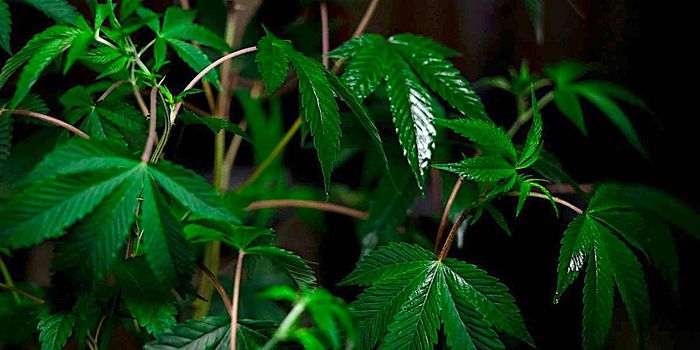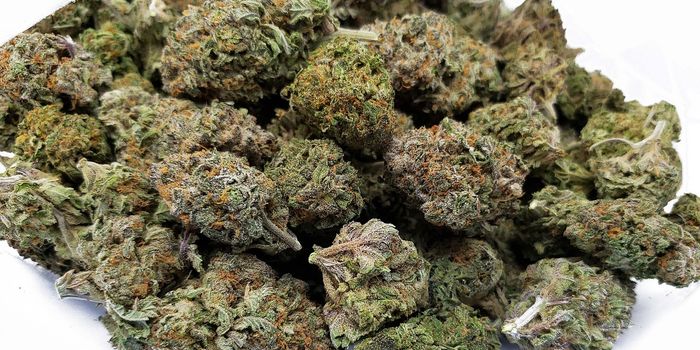Increased Cannabis Use Associated with Depression in U.S.
More than 700,000 people ages 12 and older responded to a survey assessing cannabis use, depressive status, and perceptions of risk associated with cannabis use. Researchers interested in tying these three factors together to understand more about cannabis use habits analyzed the data and made several significant observations.
First, researchers observed from the data an increasing total number of people using cannabis in the United States between 2005 and 2017, those with depression and without depression combined. However, the number of people using cannabis increased more exponentially in the population of people with depression.
In 2017, cannabis use was twice as common among people with depression compared to those without it. Additionally in 2017, perceptions of risk associated with cannabis use varied in populations with depression and populations without. People with depression were less likely to associate cannabis use with great risk compared to people without depression.
Lastly, researchers observed an increased number of people who reported cannabis use within the past 30 days among people with depression who did not associate regular cannabis use with great risk. This is compared to people with depression who did associate regular cannabis use with great risk.
Do people with depression perceive low risk associated with cannabis use because they believe it will improve their health or mood? Or does a state of depression affect the way people perceive risk associated with cannabis use and other behaviors? Scientists have yet to elucidate the exact relationships that explain the association with depression, cannabis use, and cannabis risk perception, and more research is needed to highlight these solutions.
Depression is a mood disorder characterized by several signs and symptoms that include chronic low moods, irritability, fatigue, and sleep disruption. Depression can occur alongside or as a result of other mood disorders such as postpartum depression, psychotic depression, seasonal affective disorder, and bipolar disorder. The Anxiety and Depression Association of America reports that 322 million people across the globe experience depression, and 6.7 percent of adults in the United States reported experiencing at least one major depressive episode within the last year.








